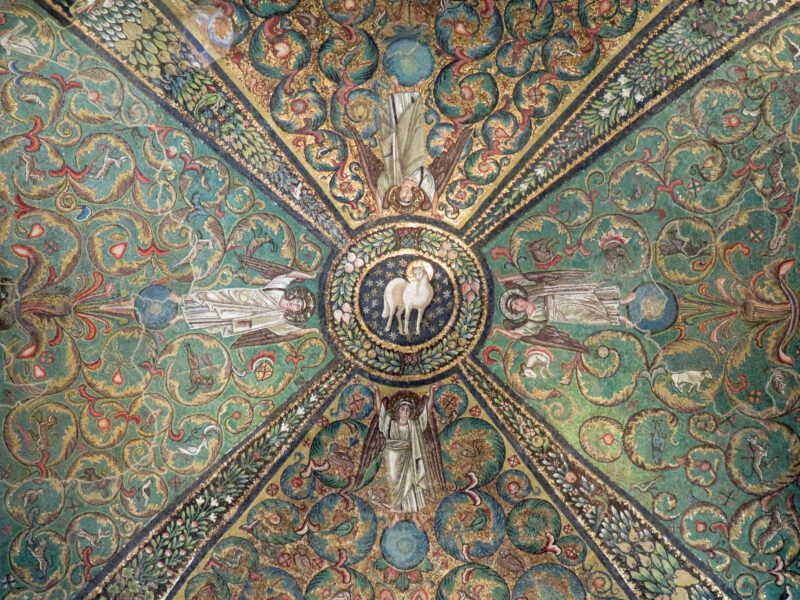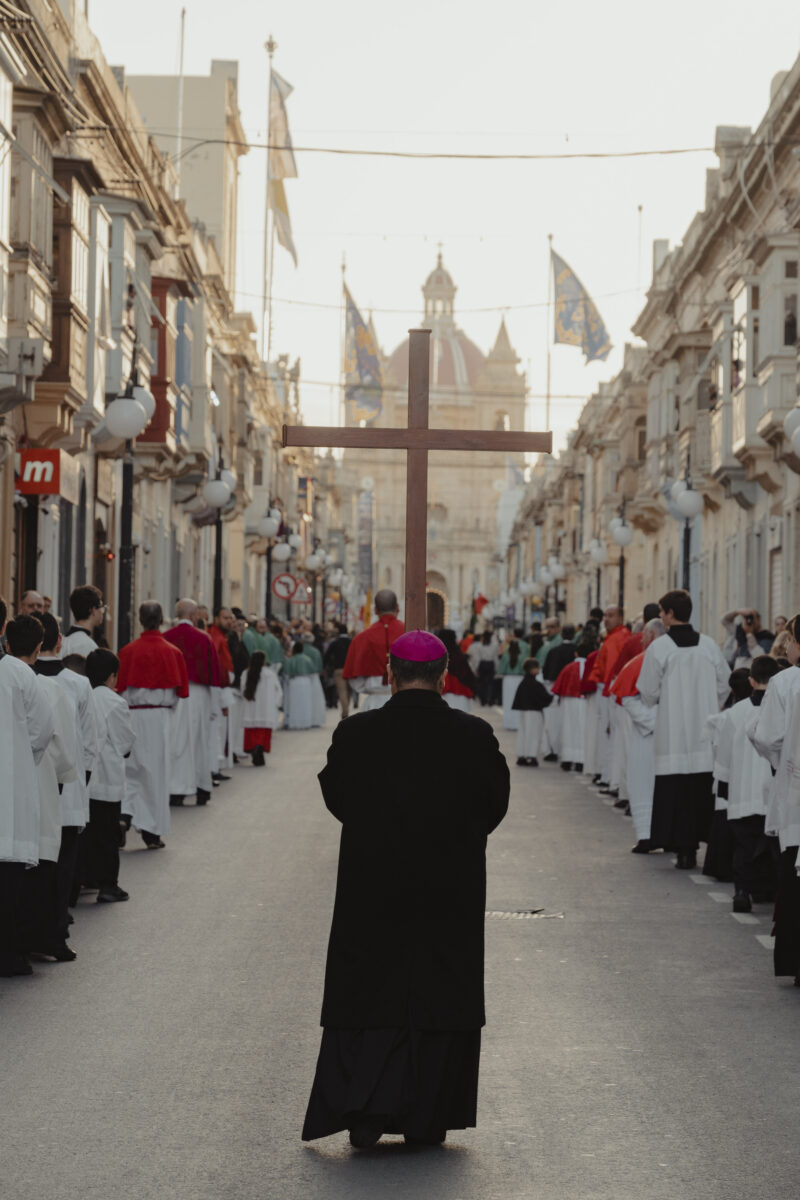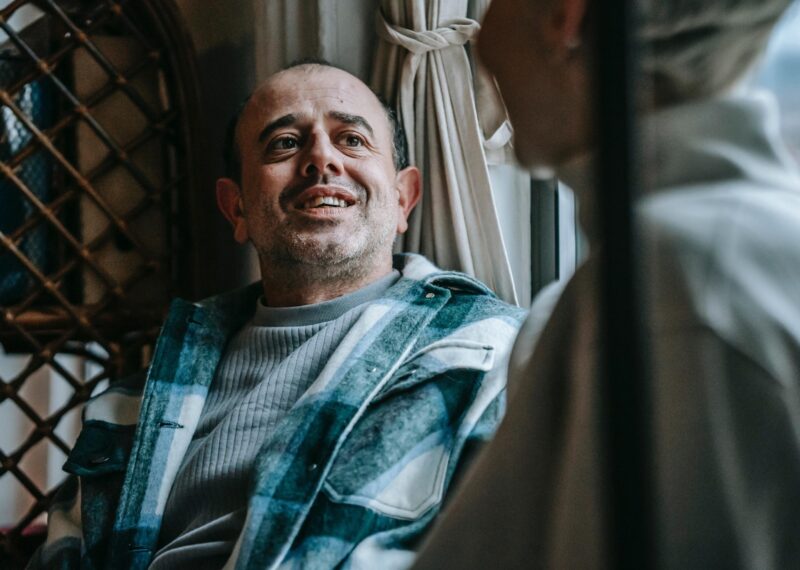This course is eligible for the Get Formed! scheme, allowing students to reclaim 70% of their course fees upon completion. For more information, visit: https://pfi.edu.mt/get-formed/.
This course aims to equip individuals working in pastoral contexts with the knowledge and skills needed to utilize AI tools effectively. Designed for those with little to no prior knowledge of AI, the course provides a basic understanding of AI systems, their potential applications, and best practices for implementation in pastoral work. By the end of the course, students will have a foundational understanding of how AI tools and systems function, an awareness of the positive and negative aspects of such tools, and an understanding of the Church’s position on AI. They will also develop the ability to critically assess which contexts might benefit from introducing AI tools and which would not, as well as gain awareness of some AI tools that might prove useful in pastoral work.
- Pastoral Workers
- Priests
- Religious
And other individuals interested in the subject
Target Audience Age: 18+
| Session |
| What is AI? What is the Church’s position on AI? |
| Helpful AI tools and how to make use of them |
This course has three exit certificate options:
1. Certificate of Attendance
The student will receive a Certificate of Attendance when attending a minimum of 80% of all contact hours for this course.
2. Certificate of Participation
The student will receive a Certificate of Participation when attending a minimum of 80% of all contact hours for this course and pass from short multiple-choice exam.
3. Certificate of Achievement
To obtain a Certificate of Achievement, students must attend a minimum of 80% of all contact hour and pass from a short multiple-choice exam and written assignment.
Language: Applicants must be proficient in both Maltese and English.
Digital: Applicants must be digitally literate particularly, in use of office suites and internet access.













